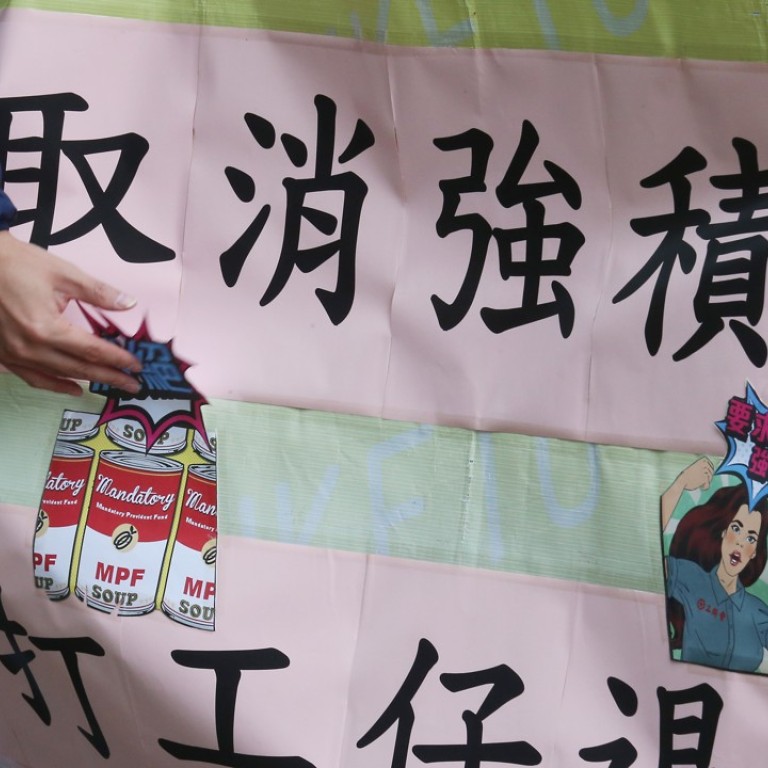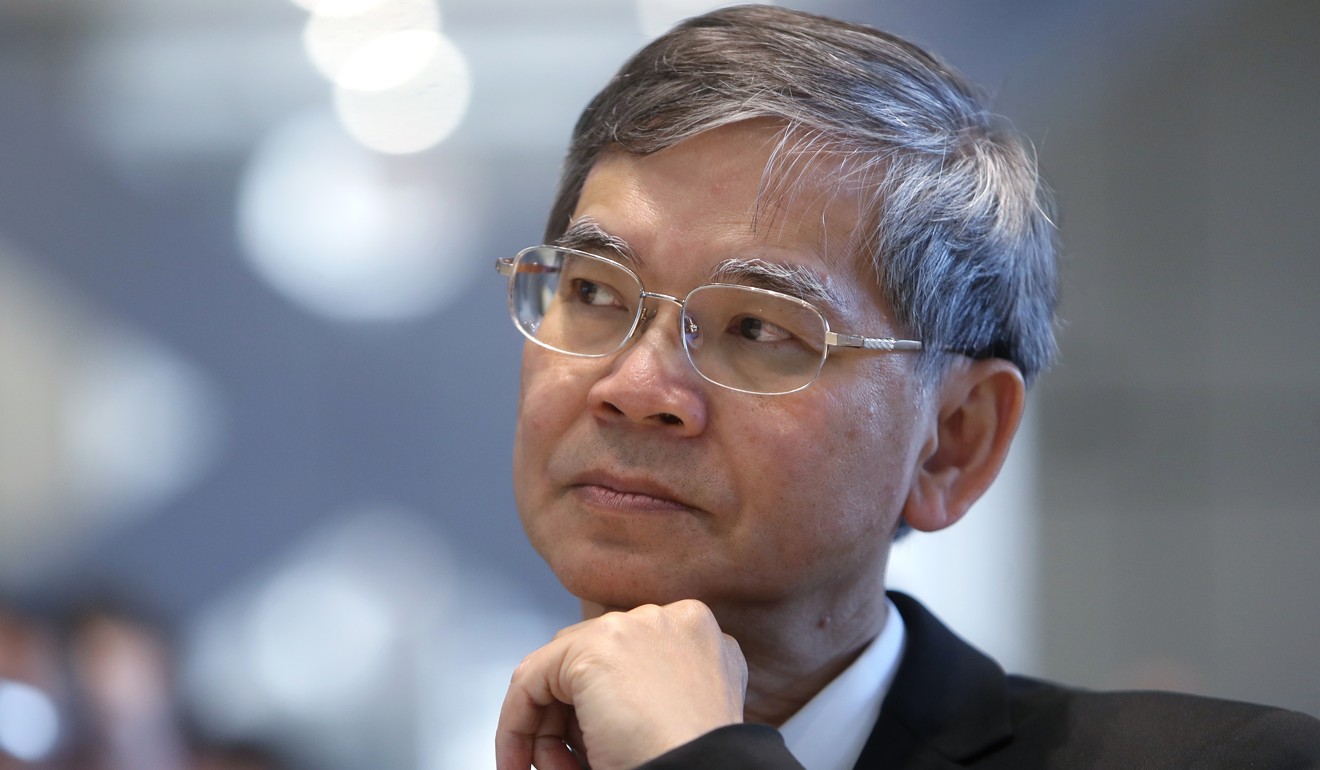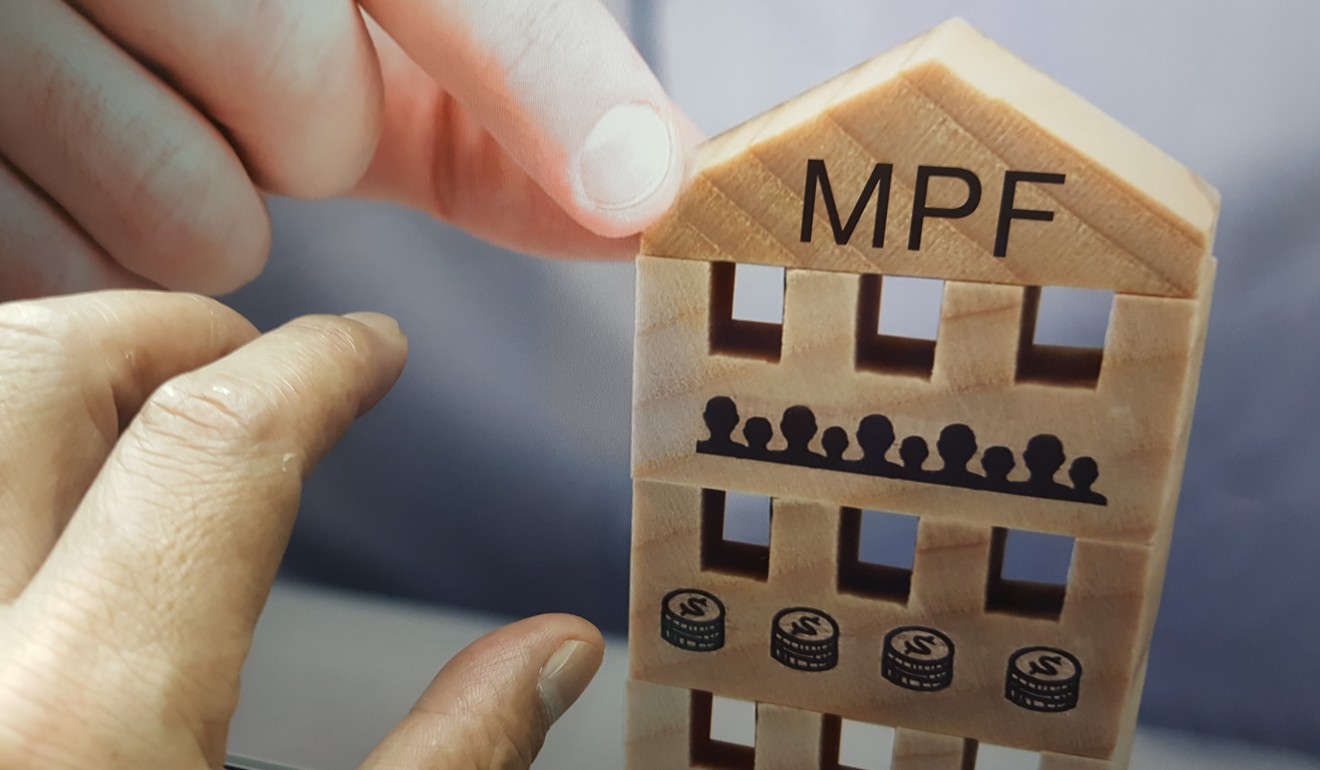
Hong Kong business costs change and MPF plan is no different, labour minister says
Official in charge of plan forcing employers to pay their employees’ retirement fund out of pocket argues advance warning gives firms time to adjust
All firms in Hong Kong face changing business costs, so they should be able to cope with officials’ advance warning to dig deeper into their own pockets to pay employees’ severance and long-service payments, the city’s labour minister said on Sunday.
Currently, employers match the 5 per cent of salaries that workers must contribute to the compulsory fund, and companies are now allowed to withdraw from MPF accounts to “offset” long-service or severance payments.

“Most employers only need to spend 12 years to pay 1 per cent more in business costs for when offsetting is abolished,” Law said. “Ask any businessman. They probably need to adapt to bigger cost changes each year.”
Most employers only need to spend 12 years to pay 1 more per cent in business costs for when offsetting is abolished
The labour minister was responding to several calls for officials to do more for the city’s small and medium-sized enterprises. Most oppose the plan, arguing it would impose a heavy financial burden, though the government said it would, through the fund, offer greater subsidies for smaller companies.
Small and Medium Enterprises Association president Stephen Kwok Chun-pong reiterated on Sunday that even after putting money into the savings fund, 44 per cent of SMEs hiring fewer than 10 people would still need to dig into their own pockets for severance and long-service payments after 20 years.
Kwok suggested that the government consider offering more help to firms earning up to HK$2 million a year, such as by matching the 1 per cent that employers would need to contribute to their savings account, as well as extending the 12-year grace period.
“Could the government consider categorising small and medium-sized enterprises by business size?” he asked.
Kwok said officials could take reference from the two-tier profit tax, which allows corporations to enjoy a lower 8.25 per cent tax rate for the first HK$2 million of their profits.

But Law, on a television programme, believed it would already be an improvement if only 44 per cent of SMEs hiring fewer than 10 people were paying out-of-pocket in 20 years.
“Currently, two-thirds of all employers need to dig into their pocket even with the offsetting mechanism,” the labour minister said, adding that the micro-SMEs Kwok identified would, in 20 years, form only about a fifth of all employers in the city.
Categorising companies in terms of their business size or profit would “only cause arguments” within the sector, he continued.
Without MPF fix, Hong Kong employees could lose nearly all their employers’ retirement contributions, labour chief says
“Some companies, such as importers, exporters and law firms, might have a small staff size but huge turnover ... but a cleaning company could be hiring hundreds but earning less.”
But Law said he would continue to listen to employers’ concerns, study their counterproposals, and amend the government’s proposal if needed.

